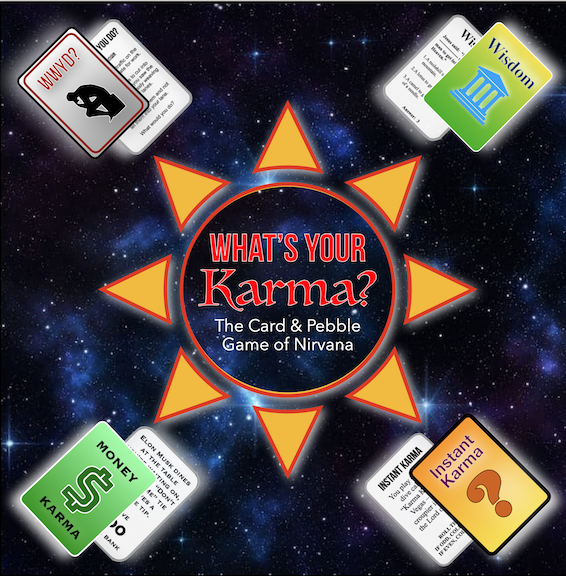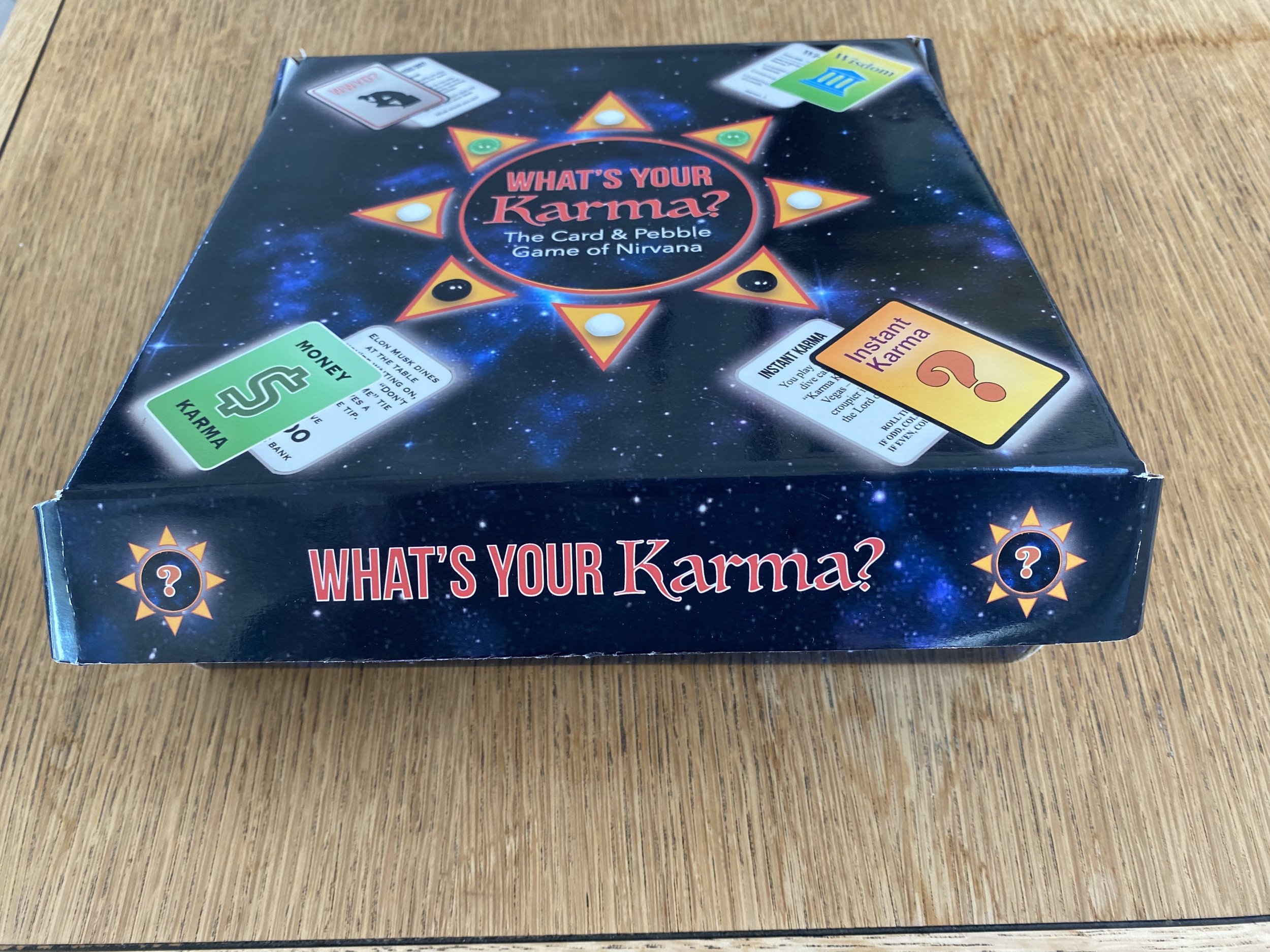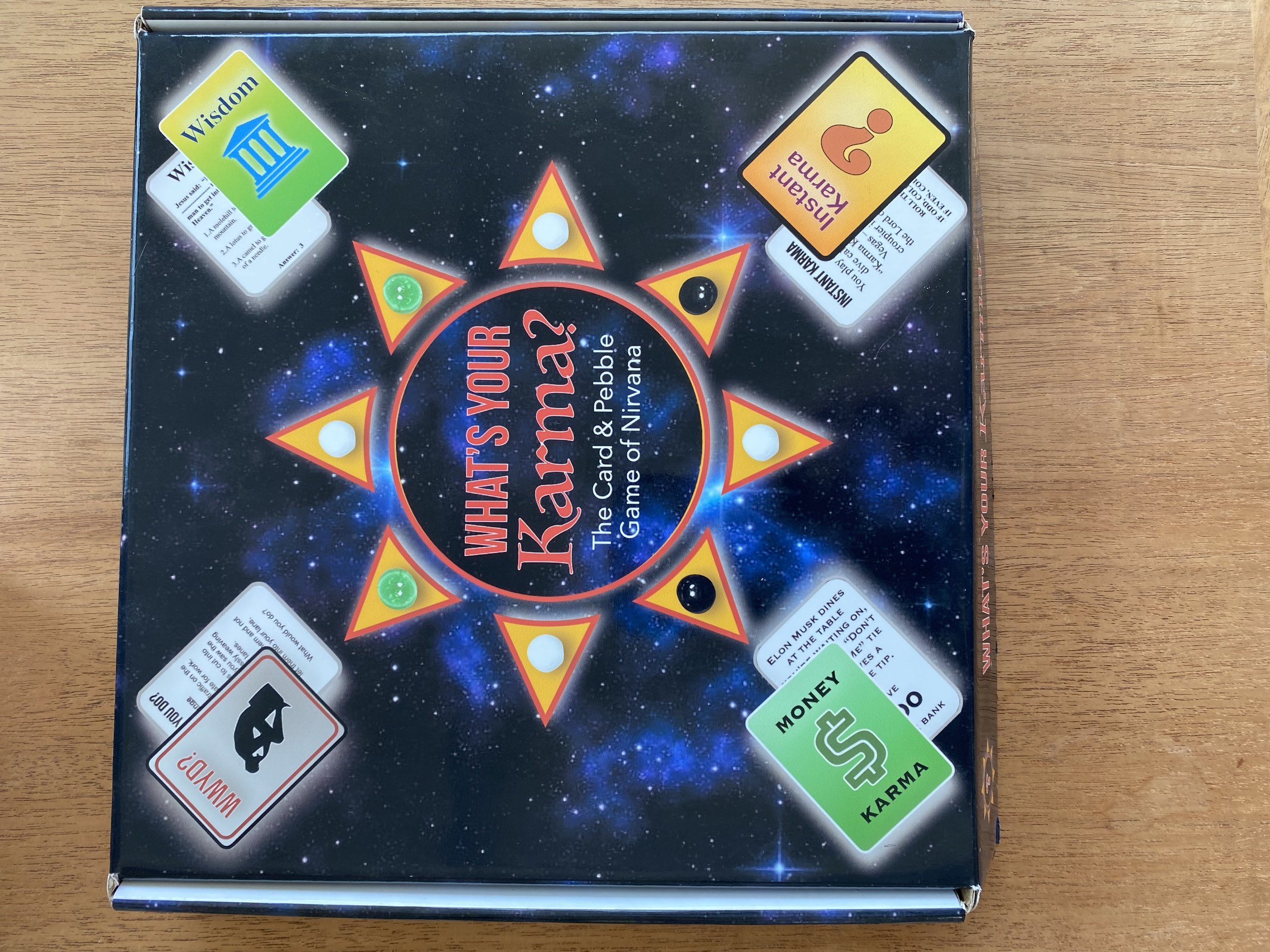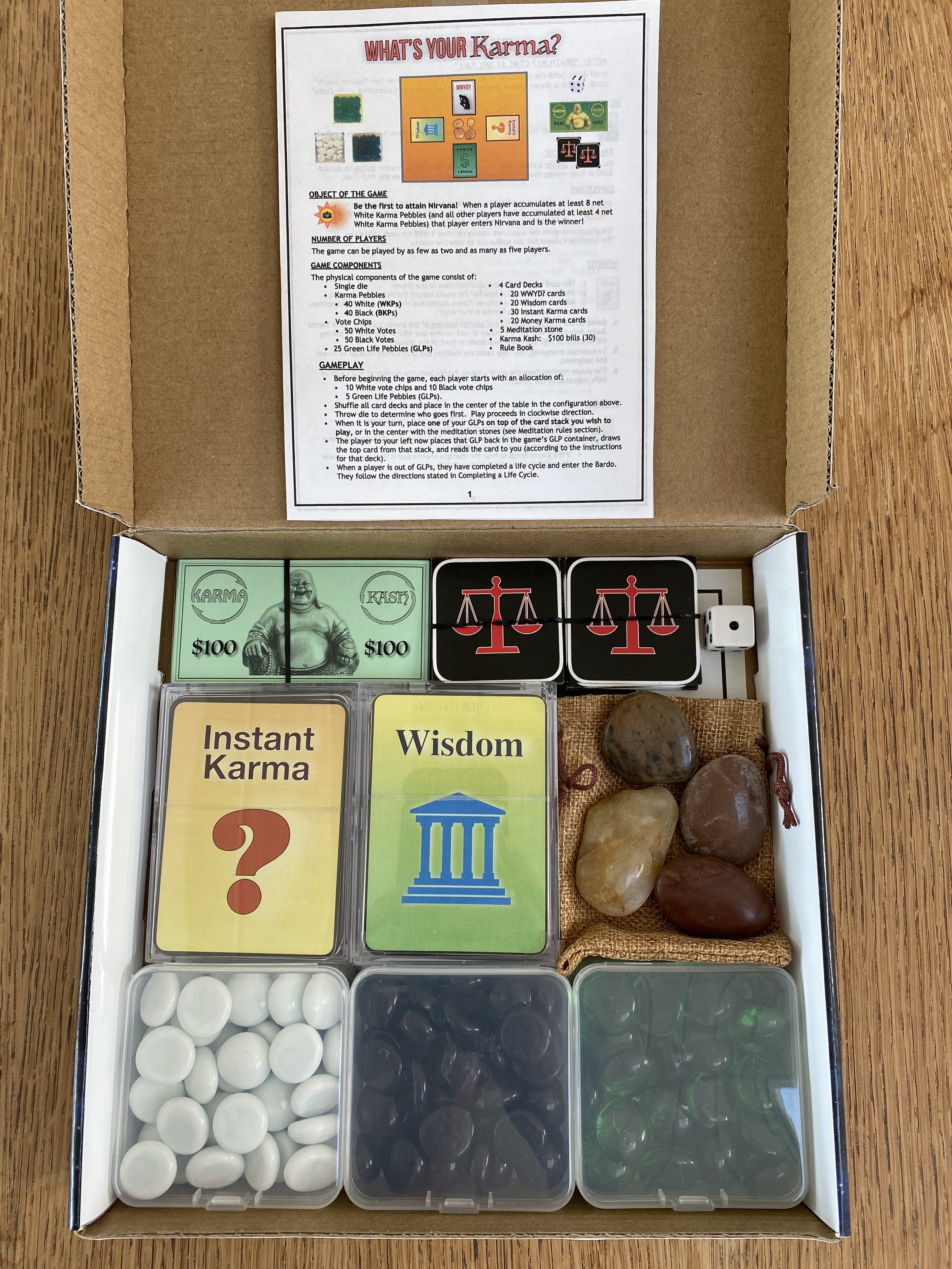Publications
The Tibetan Book of the Dead for Beginners
by Lama Lhanang & Mordy Levine
Many people die suddenly, alone or with great emotional suffering for themselves and their family. Many of us are ill prepared for the time of death.
Is it possible to enjoy our lives and, as a result, be better prepared for death as it approaches?
Buddhists know that how we live is how we will die. Living with joy and kindness, allows us to approach death with confidence and ease.
Death can be a smooth, natural and peaceful process, even a liberating event.
We offer this beginner's book, based on the Tibetan Book of the Dead, so that anyone can achieve calmness and confidence as death approaches them or a loved one.
The natural result will then be for us to die peacefully.
Published by Sounds True Publishing, and distributed by MacMillan Publishers.
The first printing was sold out. Orders for second printing can be purchased at Amazon here: https://amzn.to/43h5v23
“Lhanang and Levine successfully boil down complicated Buddhist concepts without sacrificing depth or talking down to readers, who will appreciate the unpretentious guidance, prayers, and meditation suggestions.” ―Publishers Weekly
“Their perspective is engaging and approachable whether or not readers consider themselves practicing Buddhists. The writing style is simple, succinct, and straightforward, packing a wealth of information into just under 80 pages.”
“The Tibetan Book of the Dead for Beginners is an absolute treasure. It is a thorough, concise introduction to the classic work. It contains practical guidance on what to expect, and how to care for loved ones and one’s self at the time of transition. Lama Lhanang Rinpoche is quoted in the text as stating that the present moment is a gift. Well, so is this handbook.”
“This is a joyful book, offering us moderns in the West an option to not shy away from the natural process of dying while remembering to celebrate every moment of life along the way. May its merits pervade everywhere.”
The Beginner’s Guide to Karma
by Lama Lhanang & Mordy Levine
Chapter 1 – What is karma?
The concept of karma preceded the life of Gautama Buddha who lived 2600 years ago. The first mention of karma is thought to be from the Upanishads, the oldest writings from the early days of Hindu thought, several hundred years prior to the Buddha’s life. In addition to Hinduism and Buddhism, many other Eastern religions including Jainism, Sikhism, Shintoism, and Taoism believe in the core principles of karma.
Karma is a Sanskrit word that means ‘action.’ In our use of the term karma, it means action and its consequences.
Action usually implies some type of physical movement. However, regarding karma it refers to the actions of physical movement, speech, or thought. When we act, speak, or think, we create karma.
New World Library publishing, September 2024.
The Buddha In You
A Beginner’s Guide to Karma
by Lama Lhanang & Mordy Levine
Chapter 5 – Emptiness & Impermance
When we look around, we see a lot of solid things around us. We see buildings, cars, houses, people, nature, animals, relationships, financial situations, a world order - and the list goes on. We see things that we believe are solid and, to some degree, permanent. We typically don’t see a car or a house dissolve or fall apart in front of our eyes.
In fact, when we enter a building, we rely on that building being solid, so that we can enter, inhabit, and exit safely.
Logically we realize that at some point in time, those buildings, houses, and cars will no longer exist – the way we see them exist now. They will change. They will change into something else – landfill, recycled materials, a renovated structure, or fall apart over a long period of time. Regardless of that ‘normal’ expectation, when we saw the World Trade Center come down in 9/11, everyone around the world was shocked. We were shocked of course due to the immense loss of life in the span of a few hours, but some part of us was shocked because we viewed those physical structures as the epitome of solidity.
Those of us unfortunate enough to have lived in a war zone, see this dissolution and change daily. One moment your house or a neighbor’s house is there, next moment it is not. One moment you or a loved one is healthy and going about daily life, next moment they are not.
And this is true of how things are in peaceful times as well. Cars fall apart. Houses are taken down to make room for new houses, or we renovate. Children get older. Our preferences and opinions change. Termites eat away at structures. Governments change. Our bodies become ill or injured. We change as we grow older.
Sounds True publishing, June 2025.
What’s Your Karma? The Game
What's your Karma? Be the first to accumulate enough positive karma to attain Nirvana! You've got multiple lifetimes - but you'll never make it if you leave your friends behind!
Developed by Tom Seidman & Mordy Levine. Contact jigmelingpacenter@gmail.com for purchase.









